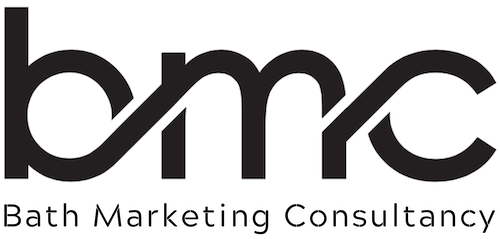It’s a competitive marketplace, and even established businesses can’t afford to become complacent when it comes to client retention. During a recent discussion on Live Radio, Bath Marketing Consultancy highlighted a striking statistic: at any given time, 40% of a company’s client base is being actively targeted by competitors.
This figure reinforces a key marketing truth—businesses must prioritise staying front of mind with their clients. Keeping in touch (or KIT) isn’t simply a tick-box exercise; it’s a strategic opportunity to nurture relationships, strengthen loyalty, and, importantly, cross-sell additional services.
Too often, companies focus solely on new business acquisition, overlooking the potential already within their own portfolio. Yet existing clients are far more likely to purchase again—especially when offered tailored, relevant solutions. So how can businesses meaningfully engage with clients and identify opportunities to cross-sell?
1. Offer Fresh, Valuable Insight
Clients are more likely to engage when offered something of genuine interest. Sharing original research or market commentary not only adds value, it positions your business as an authority. For example, a concise report outlining emerging trends in your client’s sector could be both informative and a subtle prompt for further discussion.
2. Provide Market Intelligence
Going a step further, an in-depth analysis of a client’s market demonstrates a deeper level of insight. Clients appreciate when suppliers show initiative and understand the commercial landscape they’re working in. These types of proactive conversations often uncover pain points or opportunities for additional services.
3. Invite Clients Into the Process
Engaging clients in feedback or research initiatives can be a powerful relationship-builder. Inviting them to contribute to industry research or a benchmarking study gives them a sense of involvement and influence, while allowing your business to better understand their current needs.
4. Offer a Constructive Review
With care and professionalism, offering a review or critique of a client’s current strategy can open doors. This should never be overly critical or presumptive—instead, it should be positioned as expert guidance based on experience. A particularly effective time to offer such a review is during periods of change within the client’s business, such as a new hire or structural shift.
5. Demonstrate Expertise—Subtly
Clients want to work with experts. Rather than shouting about accolades, businesses should let their expertise show through the quality of their communication and insight. A well-timed meeting or a thoughtful recommendation can go a long way in reminding clients of the value a long-standing partner brings.
Cross-selling isn’t about aggressive selling—it’s about being present, helpful, and proactive. It’s about showing clients that your business evolves with their needs and can offer more than a single service line.
For Bath Marketing Consultancy, KIT is more than a nice-to-have; it’s a key part of a sustainable marketing strategy that delivers real commercial results for clients.



